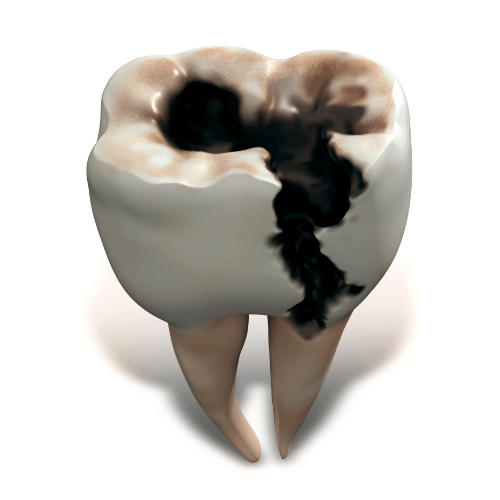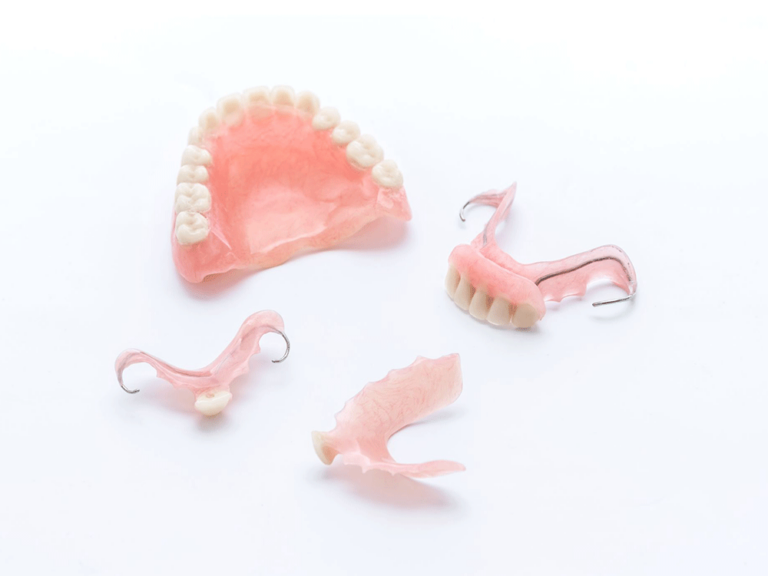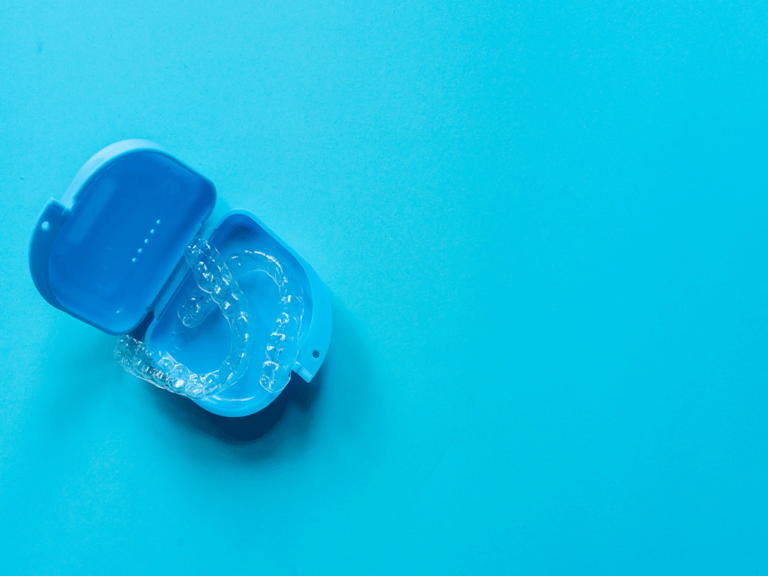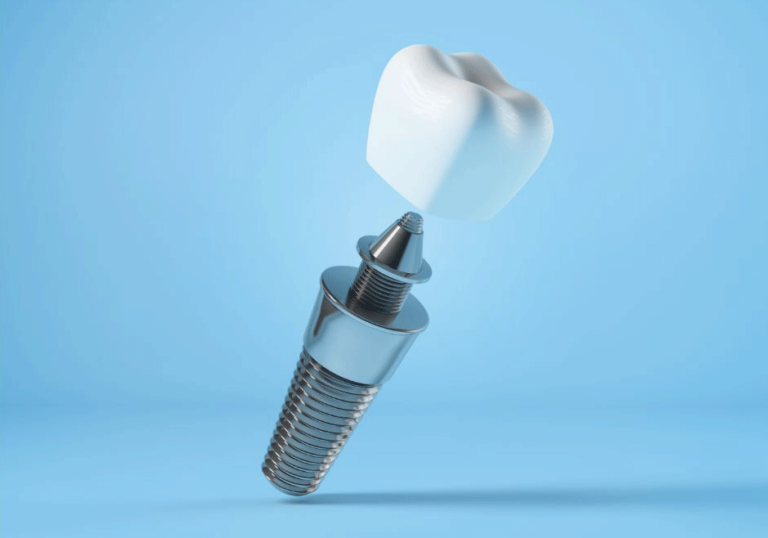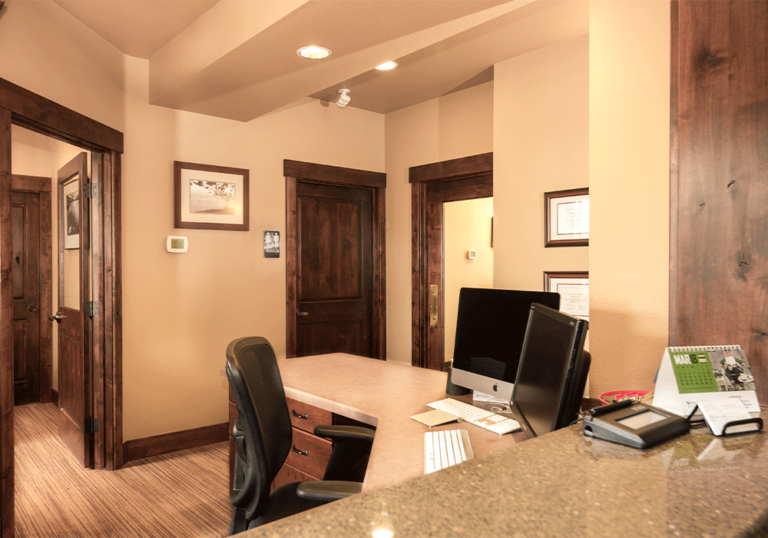Understanding Tooth Decay: Causes, Impacts, and Prevention
Tooth decay, a common yet preventable condition, involves the deterioration of tooth enamel due to acids produced by bacteria feeding on sugars, leading to cavities and potentially severe dental and health issues if untreated. Learn more!

